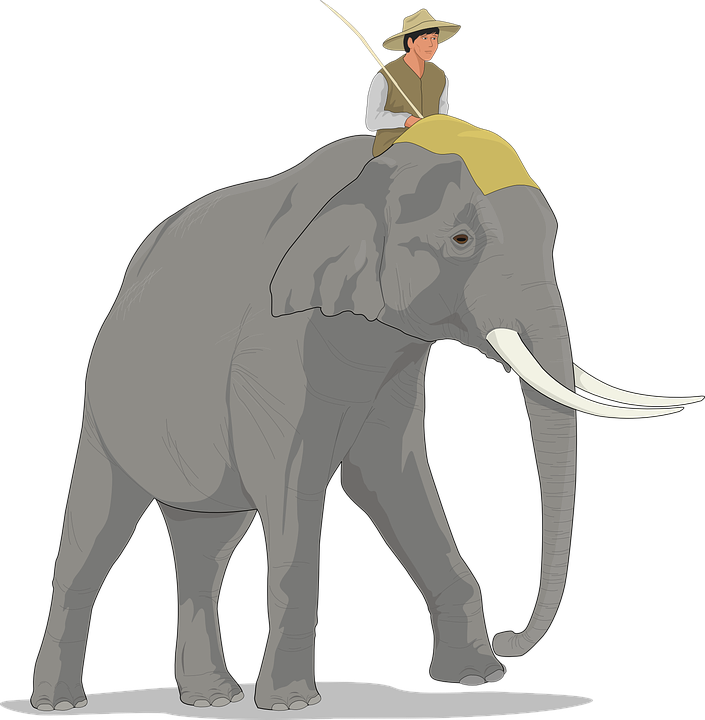Dailycsr.com – 19 September 2016 – Given the growing importance of CSR agenda in corporate society, many companies may come up with “bold plans” of evolving the “workplace giving” programme. In such situations, our mind and emotion mingling together may generate a certain amount of excitement as one broods over the concept of reaching out to people with a “more authentic impact”, be it the people present in your business or that of your community.
According to Nicole Campbell, having a clear vision of the process involved in creating a workplace with the embedded “authentic culture of Goodness” which the employees get to experience on a “day-to-day” basis, is not enough. Even though, the intention might be to refocus on the model of “giving”, while making volunteering activities the “key drivers” for recruiting, retaining and engaging the employees, it lacks something that will allow the pre-conceived ideas to be realised successfully.
Benevity’s “Principal of Goodness Consulting”, Nicole Campbell, writes that any decisions taken by the authority of any company which will create an impact on the organisation, even the positive ones, requires to be “communicated effectively”. Likewise, the stakeholders too will feel the wave of excitement and share the same enthusiasm.
Only a “strong business case” can compel the investors and stakeholders alike to take a step beyond the established norms to bring about a change in the ways things have been done, whereby “to make a meaningful progress”. The science of behavioural psychology confirms that logical plan helps decision makers to take crucial decision, yet “it’s not enough”, for Campbell continues:
“It creates understanding, but doesn’t necessarily offer motivation. Likewise, giving an emotional reason for why your program should evolve is crucial, but again, not enough. It instills passion but doesn’t provide direction”.
In order to create a full proof business case, one needs to “appeal to both logic and emotion”; the said balance is compared to the “metaphor of the elephant and the rider”, by Jonathan Haidt, a “social psychologist”.
Haidt introduced the said idea in his book named “The Happiness Hypothesis”.
References:
ethicalperformance.com
According to Nicole Campbell, having a clear vision of the process involved in creating a workplace with the embedded “authentic culture of Goodness” which the employees get to experience on a “day-to-day” basis, is not enough. Even though, the intention might be to refocus on the model of “giving”, while making volunteering activities the “key drivers” for recruiting, retaining and engaging the employees, it lacks something that will allow the pre-conceived ideas to be realised successfully.
Benevity’s “Principal of Goodness Consulting”, Nicole Campbell, writes that any decisions taken by the authority of any company which will create an impact on the organisation, even the positive ones, requires to be “communicated effectively”. Likewise, the stakeholders too will feel the wave of excitement and share the same enthusiasm.
Only a “strong business case” can compel the investors and stakeholders alike to take a step beyond the established norms to bring about a change in the ways things have been done, whereby “to make a meaningful progress”. The science of behavioural psychology confirms that logical plan helps decision makers to take crucial decision, yet “it’s not enough”, for Campbell continues:
“It creates understanding, but doesn’t necessarily offer motivation. Likewise, giving an emotional reason for why your program should evolve is crucial, but again, not enough. It instills passion but doesn’t provide direction”.
In order to create a full proof business case, one needs to “appeal to both logic and emotion”; the said balance is compared to the “metaphor of the elephant and the rider”, by Jonathan Haidt, a “social psychologist”.
Haidt introduced the said idea in his book named “The Happiness Hypothesis”.
References:
ethicalperformance.com


 Business Case Should Be Presented Like Riding On An Elephant
Business Case Should Be Presented Like Riding On An Elephant





 Companies
Companies